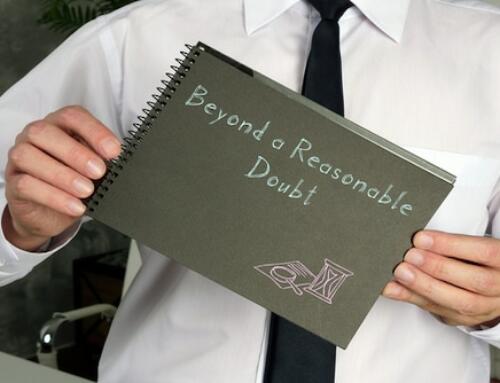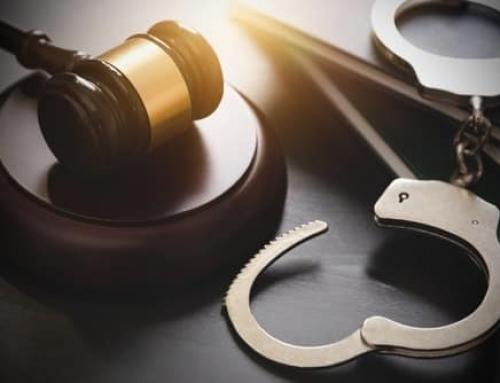The evidentiary trail from social media to a courtroom can be direct and devastating. An Oregon teenager learned that lesson the hard way last New Year’s Eve. As usual, at the end of the evening, he posted a status update on Facebook. He told the world about his drive home after celebrating: “Driving drunk . . . classic  but to whoever’s vehicle I hit I am sorry. :P” One of the teen’s hundreds of Facebook friends notified police, who the next day arrested him for leaving the scene of an accident. He’s lucky he wasn’t also charged with DUI as he admitted to that as well.
but to whoever’s vehicle I hit I am sorry. :P” One of the teen’s hundreds of Facebook friends notified police, who the next day arrested him for leaving the scene of an accident. He’s lucky he wasn’t also charged with DUI as he admitted to that as well.
Everything you tweet and every status update you post is out in cyberspace forever, and often is available to law enforcement without a warrant because it is in the public domain where you have no expectation of privacy. For several years, police and prosecutors have routinely scoured social media – and the internet generally – to investigate crimes, locate suspects, discredit alibis, and retrieve evidence for use in criminal proceedings. These efforts have been much more fruitful recently as daily social media posts have become the norm for the majority.
Social Media & Boston Marathon Bombings
A recent high-profile case of social media as an investigative tool is the Boston Marathon bombings. Immediately following publication in the news media (and on social channels) of photos and video of the Tsarnaev brothers, some of the younger Tsarnaev’s college friends recognized him, and posted comments like: “That looks like Dzokhar, doesn’t it.” The next morning, the FBI knocked at these posters’ dorm room doors. Once the suspects were identified, law enforcement poured over their internet trail to gather information about their background, motives, possible accomplices, and future plans and plots.
Be aware that your social media activities create an abundant record of information about you. Prosecutors and investigators will scourge social channels to find information about you relevant to pending legal matters. This advice applies not only to individuals accused of a crime, but to civil litigants as well. I have posted on the issue of social media evidence and advanced surveillance technologies before to stress the importance of thinking before you post anything on social media channels.
Nowadays, people carelessly post evidence to their social media communities that can and are used to defeat their claims. Your social media footprint is forever, even if you try to scrub or hide the damaging material. It can be retrieved and used against you.
If you have been charged with a crime in Philadelphia, please contact criminal defense attorney Brian M. Fishman for a free consultation regarding your rights.






